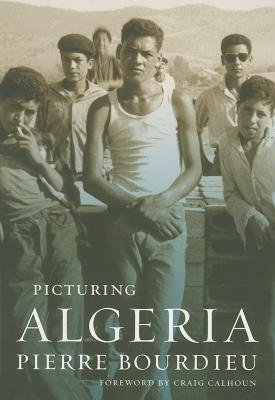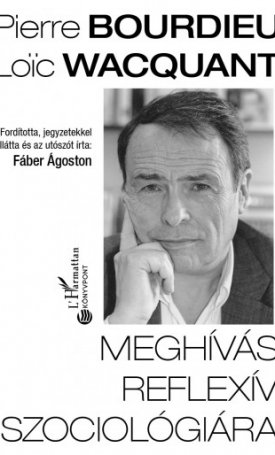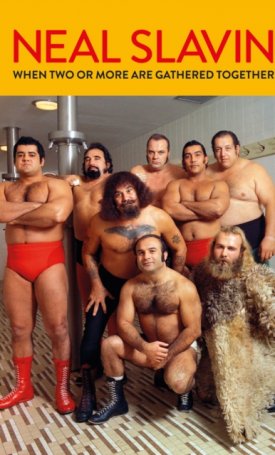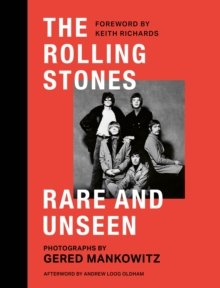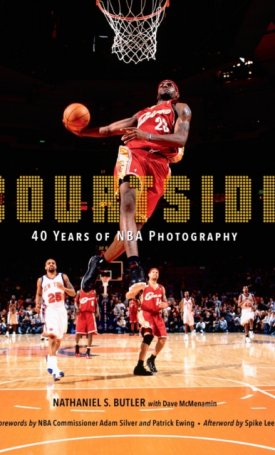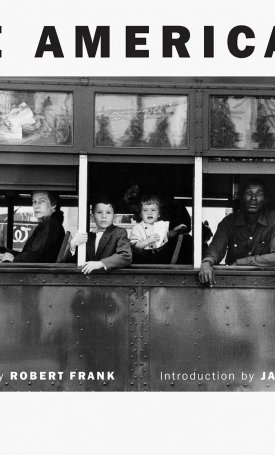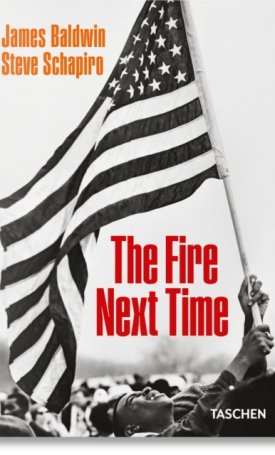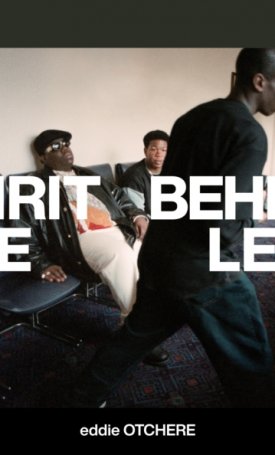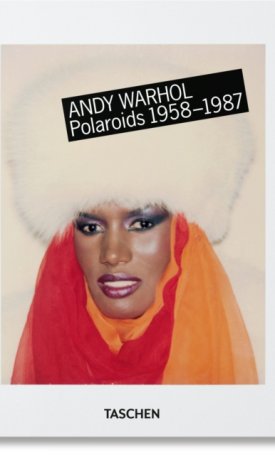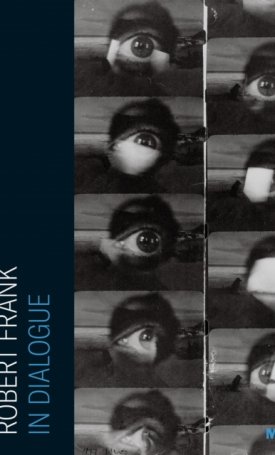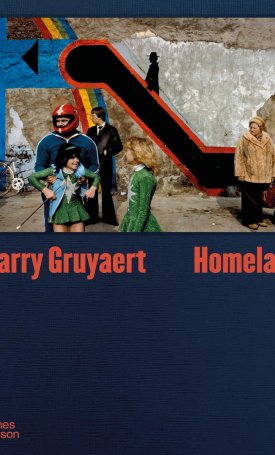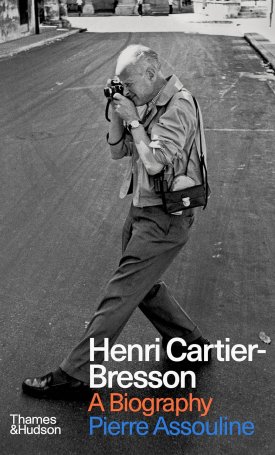Picturing Algeria
ISBN: 9780231148436
Language: english
Size: 155*195
Weight: 410 g
Page no.: 248
Publish year: 2014
Picturing Algeria
As a soldier in the French army, Pierre Bourdieu took thousands of photographs documenting the abject conditions and suffering (as well as the resourcefulness, determination, grace, and dignity) of the Algerian people as they fought in the Algerian War (1954–1962). Sympathizing with those he was told to regard as “enemies,” Bourdieu became deeply and permanently invested in their struggle to overthrow French rule and the debilitations of poverty.
Upon realizing the inability of his education to make sense of this wartime reality, Bourdieu immediately undertook the creation of a new ethnographic-sociological science based on his experiences—one that became synonymous with his work over the next few decades and was capable of explaining the mechanics of French colonial aggression and the impressive, if curious, ability of the Algerians to resist it.
With 170 photographs.
This volume pairs 130 of Bourdieu’s photographs with key excerpts from his related writings, very few of which have been translated into English. Many of these images, luminous aesthetic objects in their own right, comment eloquently on the accompanying words even as they are commented upon by them. Bourdieu’s work set the standard for all subsequent ethnographic photography and critique. This volume also features a 2001 interview with Bourdieu, in which he speaks to his experiences in Algeria, its significance on his intellectual evolution, his role in transforming photography into a means for social inquiry, and the duty of the committed intellectual to participate in an increasingly troubled world.
Author
Pierre Bourdieu (1930–2002) is widely regarded as one of the most important French intellectuals of the twentieth century. He served as chair of sociology at the College de France and authored numerous seminal works, including The Social Structures of the Economy; The Weight of the World: Social Suffering in Contemporary Society; The State Nobility: Elite Schools in the Field of Power; Practical Reason: On the Theory of Action; The Rules of Art: Genesis and Structure of the Literary Field; Language and Symbolic Power; and Distinction: A Social Critique of the Judgement of Taste.




